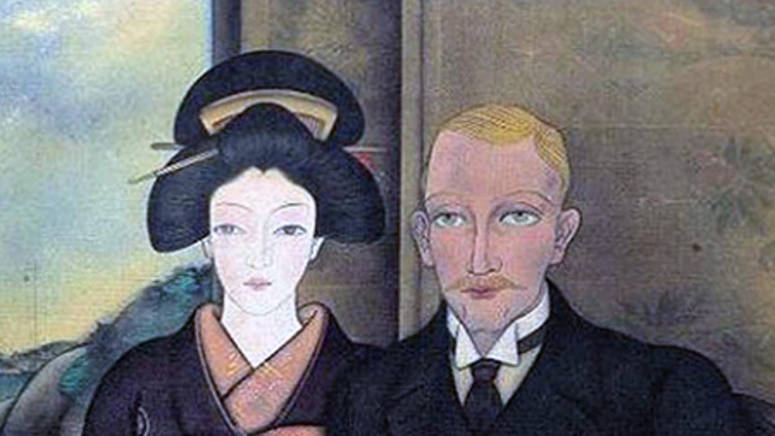The Japanese public echoed the state’s abhorrence for this population of biracial babies. Whereas Japanese enthusiastically embraced cultural mixing with the U.S., they rejected biological mixing outright, seeing mixed-race babies as a threat to their racial purity and tantamount to an assault on the Japanese race itself. Black-Japanese babies were especially despised, but all biracial mixtures encountered greater prejudice in Japan than did biracial “GI babies” in Germany and Britain.5 Even Sawada Miki (沢田美喜, 1901-80), who in 1948 founded an orphanage for occupation babies, defended the policy of separating Japanese and biracial orphans. Mixed-race children, she felt, possessed “mental and physical handicaps” and in any case would never be accepted into Japanese society due to “the people’s traditional dislike for Eurasian children.”6 By 1955, Sawada’s orphanage had accepted 468 babies and negotiated 262 adoptions in the U.S. No Japanese adoption service accepted Sawada’s children, however, and a Japanese couple who had adopted one “returned it when the neighborhood prejudice they encountered proved too strong.”7
W. Puck Brecher, “Eurasians and Racial Capital in a “Race War”,” Asia Pacific Perspectives: A Publication of the Center for Asia Pacific Studies, Volume 14, Number 2 (Spring 2017). 4. https://jayna.usfca.edu/asia-pacific-perspectives/center-asia-pacific/perspectives/v14n2/brecher.html.
